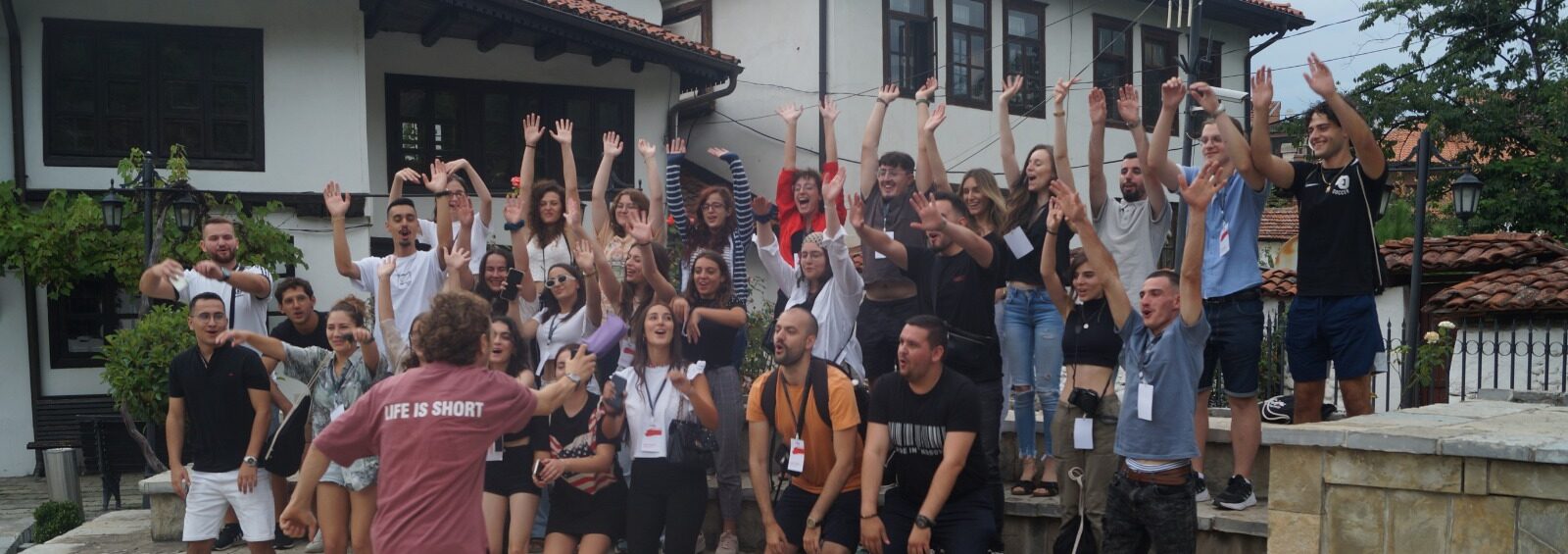Discussion with Kosovo’s Diaspora in Austria

On Wednesday, November 17, 2021, GERMIN organized the second lecture with Kosovo’s diaspora from Austria. This meeting is part of a series of activities within the Greenback 2.0 project, by the World Bank in cooperation with the Central Bank of the Republic of Kosovo and funded by the Swiss Secretariat for Economic Affairs.
The lecture focused on remittances and their role as a guide for the socio-economic development of Kosovo. Austria is one of the main sources of remittances for Kosovo.
The meeting was moderated by Mrs. Edlira Dashi, who presented a brief introduction to the topic, project and panelists, as well as a brief explanation of remittances. Where he showed more about the importance of remittances, as well as some of the statistics from the World Bank, which show the importance of remittances for Kosovo’s economic stability.
Finance expert at the Central Bank of Kosovo, Mr. Bejtush Kiçmari, spoke about various studies on remittances in Kosovo and how their growth is projected in the coming years. He shared statistics on how diaspora money spent in Kosovo annually is greater than the amount of Kosovo’s annual budget. He also spoke about economic trends in Kosovo. He also stressed that remittances are calculated only those that come through transaction agencies, where it is known that informal ways are still emphasized.
Mr. Ajet Tahiri, President of the Tyrol branch of the Albanian Diaspora Business Network in Austria, stressed that remittances are not permanent in terms of economic development of Kosovo. Therefore, Mr. Tahiri suggests that economic development should not be based on remittances. He also added that Kosovo should pay attention to infrastructure in order to develop tourism. So mainly to create investment opportunities, through investment security, procedural aspects as well as infrastructure.
Whereas, the expert for integrations in the Austrian fund, Mr. Troja also stressed the importance of using digital platforms to send funds, where he showed that security is greater, and that it is much more efficient and faster. In this regard, governing and regulatory institutions should look at the possibility of creating mechanisms that promote increased competition and reduce costs. In this regard, the exchange of information regarding remittance costs can play a key role in informing the public and reducing remittance costs. During the free discussion participants unfold a range of diaspora challenges – the high cost of remittances and limited investment opportunities.


